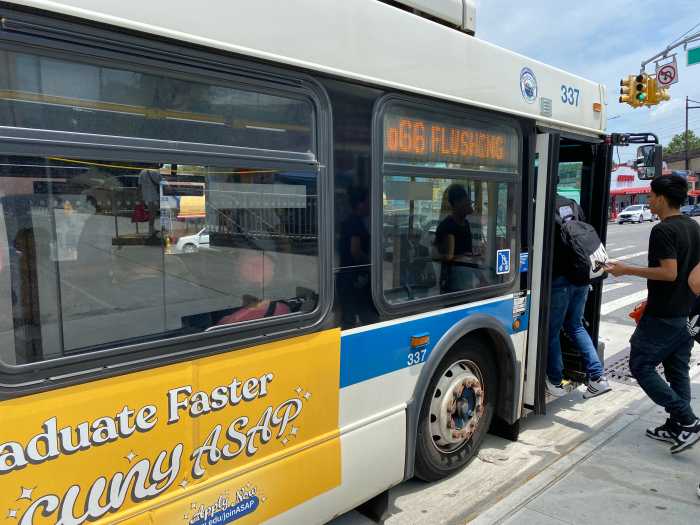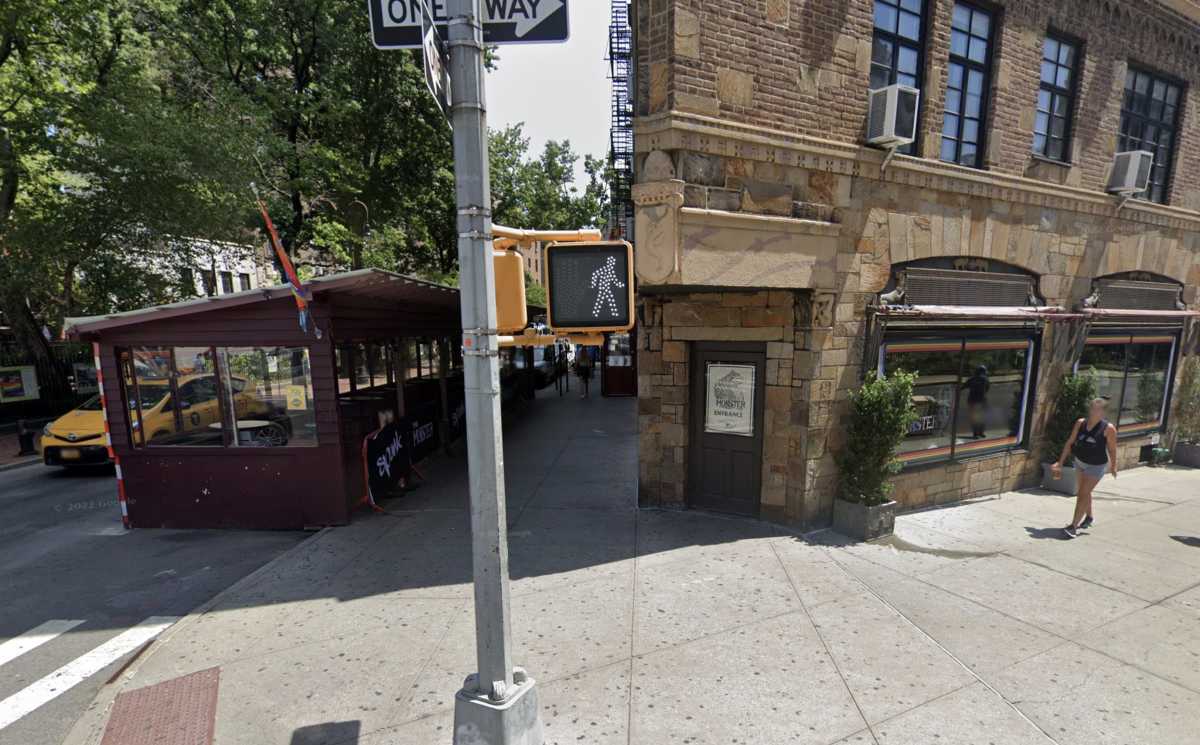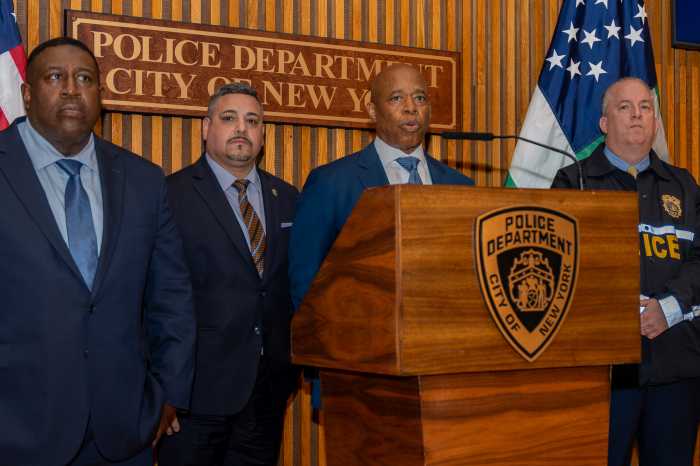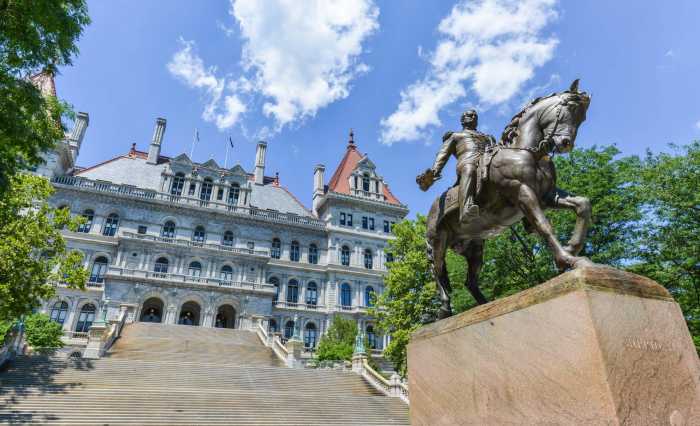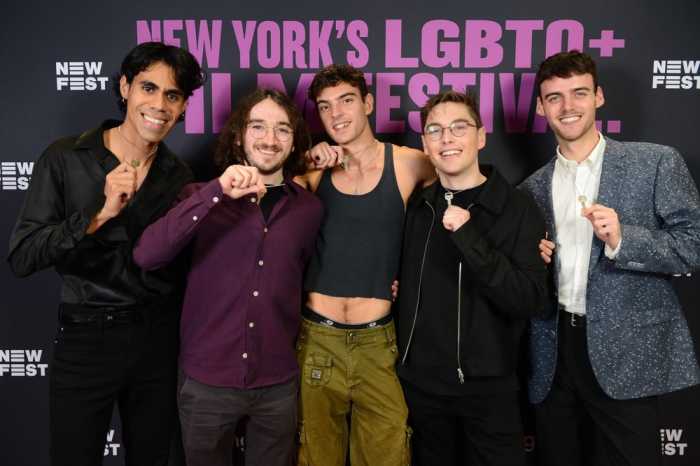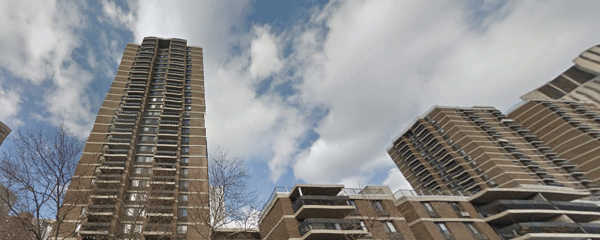
Southbridge Towers
BY JOSH ROGERS | Southbridge Towers residents last week voted overwhelmingly to privatize their homes, and almost every vote counted because the supporters only got 10 more than they needed.
The thousands of residents living at the middle income housing complex by the Seaport will be able to sell their apartments on the open market, perhaps by the middle of next year.
The vote to leave the subsidized Mitchell-Lama housing, which ended Sept. 30, was 1,082 in favor to 373 against. The proponents needed 1,072 votes to get to the required 2/3 threshold of the occupied apartments. Officials determined that exactly 1,607 of the 1,651 homes at Southbridge had eligible voters.
“I think it provides financial security for a lot of residents,” Wally Dimson, president of Southbridge’s board of directors, said of the results. “We’re really pleased.”
Dimson began organizing for this day back in 2005 when residents first voted to study the privatization question.
“It was a lot harder than we imagined,” he said. “The bar is so high, but we were able to do it.”
The vote count will be added to the complex’s “black book,” which detailed the particulars and risks of going private. The state attorney general, which allowed the black book to come to a vote after Southbridge made many revisions over five years, must certify the vote. After that, each home will have 90 days to decide whether to take full ownership of their apartments or become renters subject to rent stabilization increases.
A spokesperson for State Attorney General Eric Schneiderman did not respond to a request for comment for this article.
Two thirds of the homes must decide the ownership option in order for the privatization to take effect, but there is little doubt about that since even some of the leaders who opposed privatization, said they were likely to choose that option if their efforts failed.
Residents have always owned their homes, but under Mitchell-Lama were prohibited from selling it on the open market.
The official appraisals for Southbridge apartments range from just under $300,000 to over $1 million depending on the size and location. The first sale of every apartment will come with a 28 percent flip tax that will go back to the complex and will insure funds for capital improvements, and provide financial security, proponents argue.
Opponents maintain that the risk of higher taxes and other fees will force people to leave.
“If the vote really stands after a full review of the verification of the voting process… what was once 40+ years of limited-equity Mitchell-Lama Coop of stable, affordable resident life, will now be a private corporation filled with coop apartments free to be sold in the market place,” Victor Papa, a privatization opponent and former president of Southbridge, wrote in an email after the vote. “What was once a neighborhood will now be like any other place which New York City is becoming just another place to invest…
“What is most remarkable is that elected officials…who espouse affordable housing…have been awfully silent while 1650 affordable units, probably the last substantial vestige of affordable housing units in Lower Manhattan, are now forever lost.”
Dimson and other proponents have always countered that the original Mitchell-Lama law was written to give residents the right to leave, and residents owe it to their families to provide them with financial security regardless of whether they hold on to their apartments for the rest of their lives, as he plans to do, or try to sell right away.
Both sides acknowledged the fight at times was ugly. Dimson, said one person falsely accused him of owning a home in Arizona, where he would move after the vote.
Paul Hovitz, a leader of the opponents, said that someone told him, “’I can’t be your friend, you’re trying to take money from my pocket.’ ”
It’s impossible to say if the vote will heal any, but one person tried in a comment posted to DowntownExpress.com: “To all the opponents of this effort you won too.”



